


Trilogia Soarelui, este formata din trei albume Rick Wakeman, pe care le recomand tuturor celor ce vor sa asculte o muzica calma, relaxanta, plina de sensuri si pusa in opera de unul dintre cei mai mari artisti ai pianului si ai orgii electronice. Muzica de inalta clasa. Auditie placuta!
Cite ceva depre Rick Wakeman:
Rick Wakeman was born in the suburb of Perivale, West London, and attended Drayton Manor Grammar School. He initially studied piano, clarinet, orchestration and modern music at the Royal College of Music, but he left of his own accord after a year and a half in favour of work as a session musician.
In 1970, Wakeman played with Strawbs and was an active studio musician, playing with such artists as David Bowie, Cat Stevens and Al Stewart. He joined Yes in 1971, following keyboardist Tony Kaye's departure. His first album with the band was Fragile released 1971 in the UK and 1972 in the US, and very nearly his last was Tales from Topographic Oceans, released in 1973. He also played on the studio album Close to the Edge (his favourite Yes album) and his live performances with the group were released as Yessongs. He left the band following the Tales from Topographic Oceans tour. During his time with Yes, he released his first solo album, The Six Wives Of Henry VIII, which showcases his skills with various electronic and acoustic keyboard instruments. Some members of Yes played their respective instruments on certain tracks. Of all the members of the band, Wakeman is the only non-vegetarian, a difference which contributed to his first departure from the band[citation needed]. The primary reason for that initial departure, however, was musical differences. Wakeman felt Tales from Topographic Oceans was thin on substance and did not connect with its themes. Further, he did not enjoy the experience of reproducing the entire work on stage each night. Following the tour, as the band began work on what would become Relayer, Wakeman felt further alienated from the group. Disenchanted with the direction Yes were going, and already into a successful solo career, Wakeman jumped ship. He rejoined Yes for their 1977 album Going for the One. He remained until their next album, Tormato, a year later. He is reputed to have given the album its name by throwing a tomato at a showing of the art used for the album's cover.[citation needed] He rejoined the band in 1991 but left a year later. He then returned in 1996 for the Keys to Ascension albums but left before the band could tour. In 2002, he rejoined Yes and has been with the group ever since, but also enjoys a successful solo career.
He has also performed as a guest or session musician for artists as disparate as John Williams, Brotherhood of Man, Elton John, Lou Reed, David Bowie (notably mellotron on 'Space Oddity', piano on 'Life On Mars' and 'Changes'), Cat Stevens (including piano on Stevens' hit cover of the hymn "Morning Has Broken"), T. Rex, Ozzy Osbourne, Black Sabbath (under the nickname Spock Wall), Brian May and played piano on "There's no one quite like Grandma" by St. Winifred's School Choir.
Rick Wakeman played the Mellotron – an electronic musical instrument that used a bank of prerecorded tape strips, activated by each key on its keyboard. He worked with David Biro to develop the Birotron. The Birotron was not a commercial or technical succes. He has written the soundtracks for two films by Ken Russell: Lisztomania (1975), which features vocals from Roger Daltrey and which takes as its starting point the music of Liszt and Wagner; and Crimes of Passion (1985), much of which is built around themes taken from Dvorak's New World Symphony.
http://www.rwcc.com/

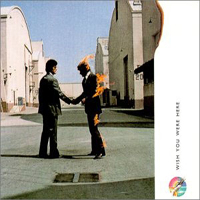







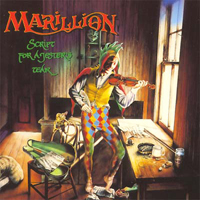
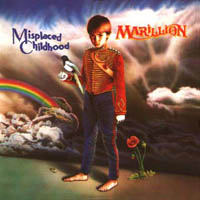
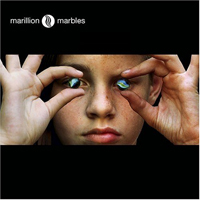
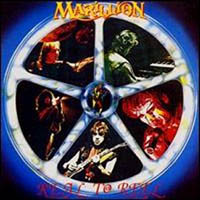





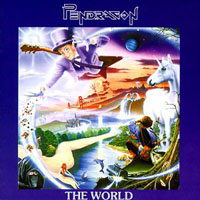
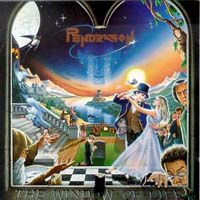
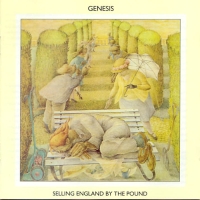
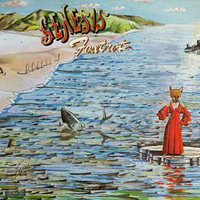
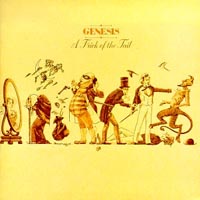
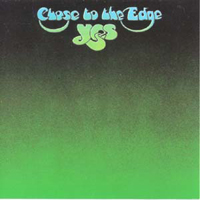
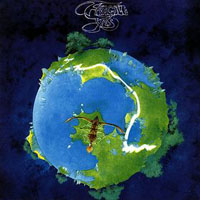
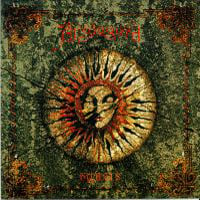

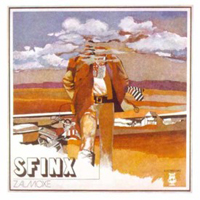
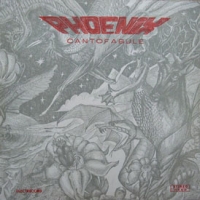

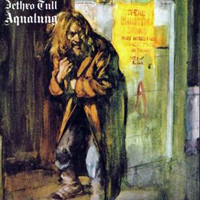

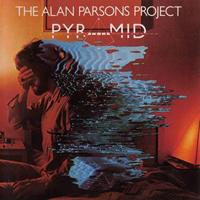
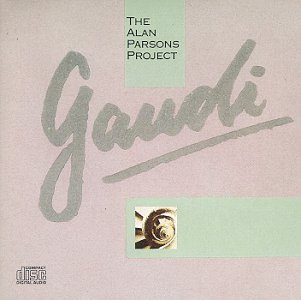
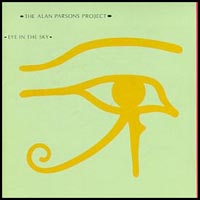


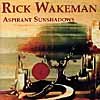
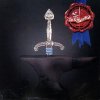
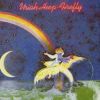


















Niciun comentariu:
Trimiteți un comentariu